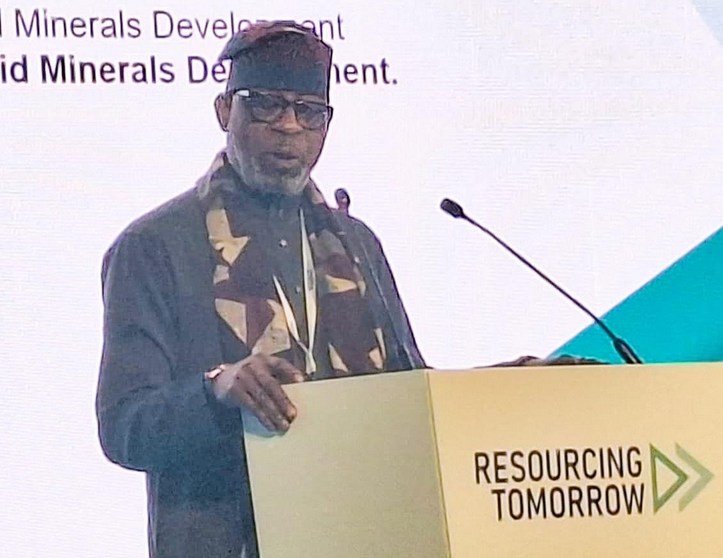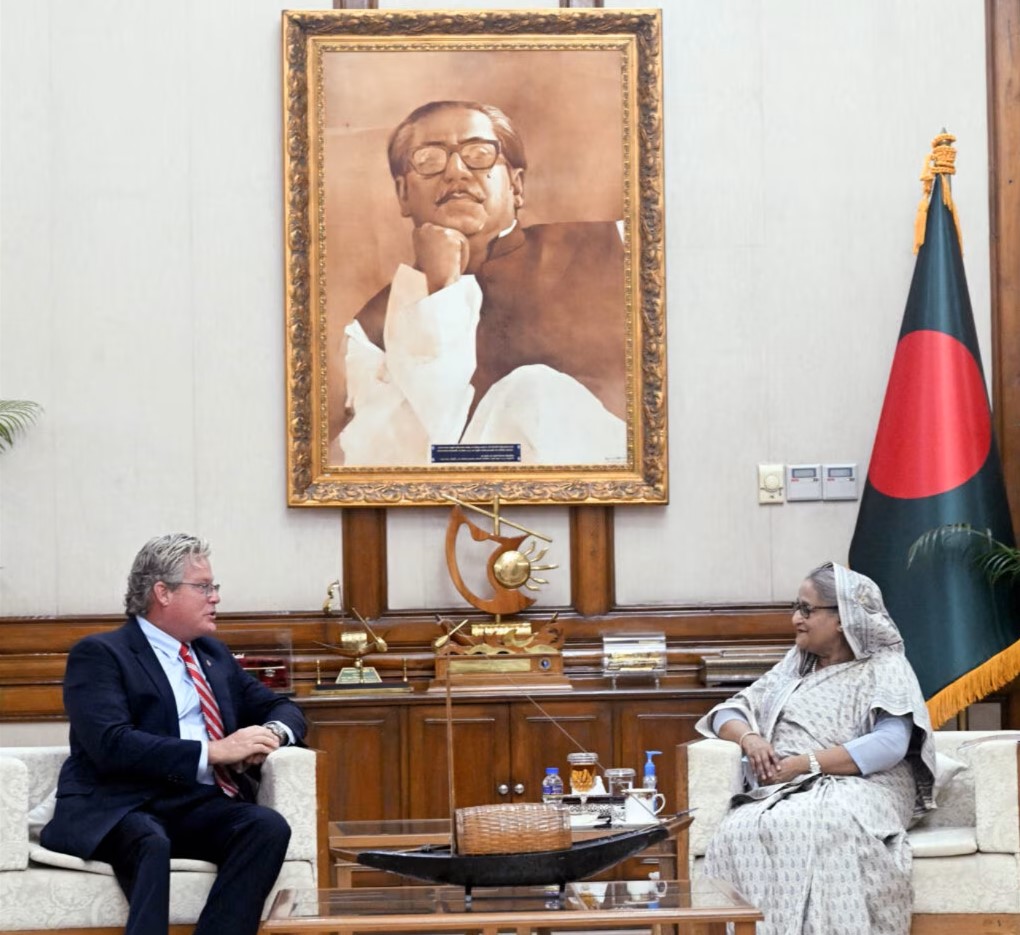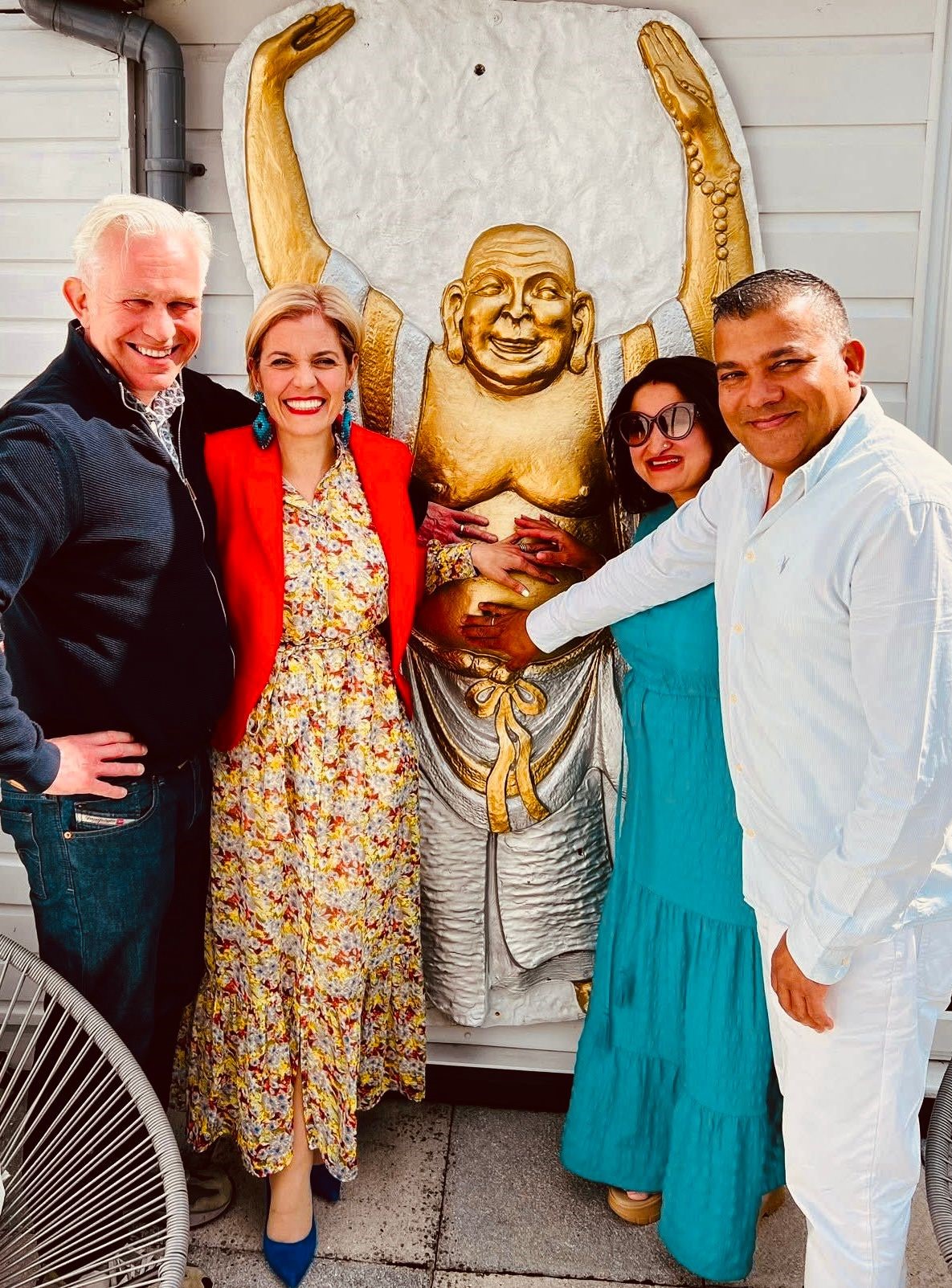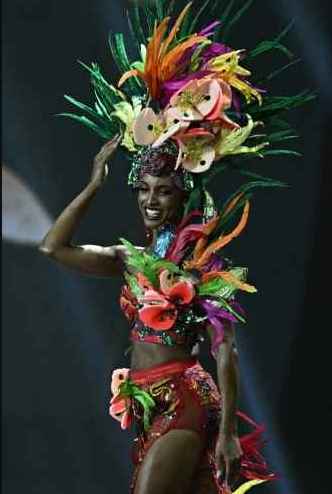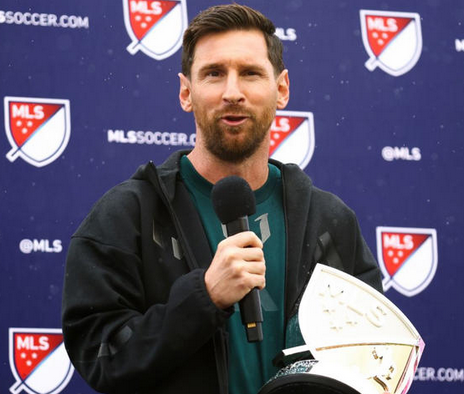The United States and Bangladesh celebrated 50 years of government relations in 2022, but people-to-people ties go back even further. The late U.S. Senator Edward M. Kennedy was an outspoken supporter of Bangladesh’s 1971 liberation movement.
He was the first U.S. statesman to visit Bangladesh. That special bond continues today.
From October 29 to November 6, 2022, several Kennedy family members visited Bangladesh to honour the late senator’s legacy of championing democracy, peace and human rights.
“It’s clear that the partnership between our two countries has been a remarkable success,” said Edward M. “Ted” Kennedy Jr., the late senator’s son and nephew of the late U.S. President John F. Kennedy. Kennedy Jr. gave remarks at Dhaka University, the same venue where his father, on February 14, 1972, delivered a speech before a crowd of 80,000 students.
At that time, the senator told the students; “You know, while some governments do not yet recognize you, the people of the world do recognize you, and they recognize all you have accomplished here in the name of freedom from tyranny and oppression.” Kennedy Jr. mentioned his father’s commitment to freedom of the press, freedom from persecution, and rights for the disenfranchised.
“My father believed very strongly that in democracy, consensus building among political parties is necessary.” Kennedy Jr. told the Dhaka Tribune, sitting under the same banyan tree his father planted during his 1972 visit. The tree is a symbol of U.S.-Bangladeshi ties.
Also participating in the 2022 trip were Kennedy Jr.’s wife, Katherine “Kiki” Kennedy, daughter, Kiley Kennedy, son, Teddy Kennedy, niece Grace Kennedy Allen and nephew Max Allen. In different venues and schools, the family members spoke with nearly 800 students.
During his visit, Kennedy and his family also met with Prime Minister Sheikh Hasina at her official residence, Gono Bhaban, to reflect on 50 years of friendship between the United States and Bangladesh. In remarks during a visit to the Edward M. Kennedy Centre for Public Service and the Arts in Dhaka, Kennedy Jr. called disability inclusion “a right, not a privilege.” He spoke about his own journey as a pediatric bone cancer survivor and amputee.
“When the doctors told me that they were going to have to remove part of my leg, I thought that my life was over,” he said. Instead, he became a lawyer and advocate in the movement to expand opportunities for persons with disabilities.
He added: “It is societal attitudes about disability that really create the disability.” At the EMK Centre, Kennedy and U.S. Ambassador Peter D. Haas also kicked off an art exhibition highlighting the collaboration over the last 50 years between Bangladeshi and U.S. participants in the Fulbright Program — the flagship international academic exchange of the U.S. government.


